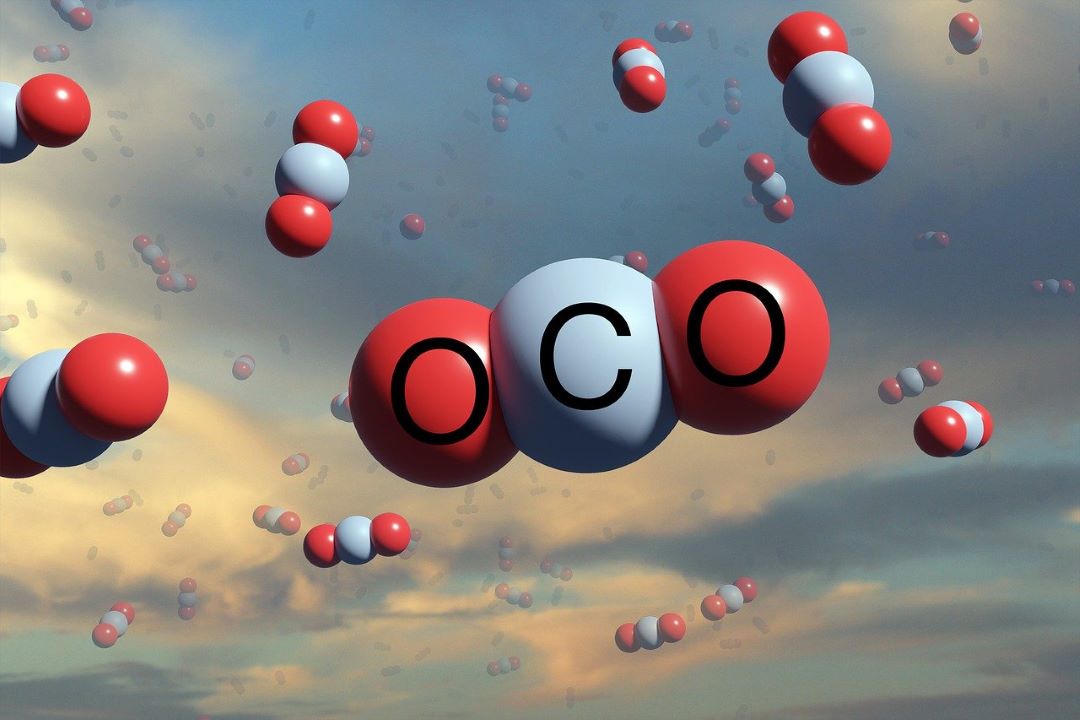After several decades of research, scientists at the University of Illinois Chicago (UIC) have efficiently transformed industrial CO2 into ethylene, a gas used in many industries, primarily to make plastics. The experts have developed a unique system based on electrolysis.
Greenhouse Gases in Industry
Carbon dioxide is one of the leading causes of natural disasters – from global warming to famine, water shortages, and forest fires. Human activity, i.e., industry and agriculture, are large greenhouse gas producers. A significant amount of CO2 is also produced during the ethene production; a gas used to make plastics.

Ethene ranks third in carbon emissions. It is used to make plastic products for the packaging, agricultural, and automotive industries, chemicals used in antifreeze, medical sterilizers, and vinyl siding for homes. For one ton of ethene, there are 1.5 tons of carbon emissions. On average, about 160 million tons of ethylene are produced annually, causing more than 260 million tons of carbon dioxide emissions worldwide.
Transforming Carbon Dioxide to Ethene Using Electrolysis
Scientists from the University of Illinois Chicago have devised a unique way to recycle industrial CO2. The breakthrough process can use almost one hundred percent of carbon dioxide and transform it into helpful ethene. The system uses electrolysis to transform captured carbon dioxide gas into high-purity ethene, while the byproducts are other carbon-based fuels and oxygen.

This process can transform up to six tons of carbon dioxide into one ton of ethene, recycling almost all of the captured carbon dioxide. In addition, because the system runs on electricity, the carbon footprint can be nearly zero if solar or wind energy is used.
Since humanity needs ethene, and its traditional production consumes an enormous amount of heat, which creates carbon emissions, it is appropriate to support green variants of this industrial gas production. In addition to ethene, UIC scientists have successfully used electrolysis to produce other carbon-rich products that are useful for industry.
Source: sciencedirect.com/science/article/pii/S2666386422003472?via%3Dihub
Featured image by Malte Reimold from Pixabay




